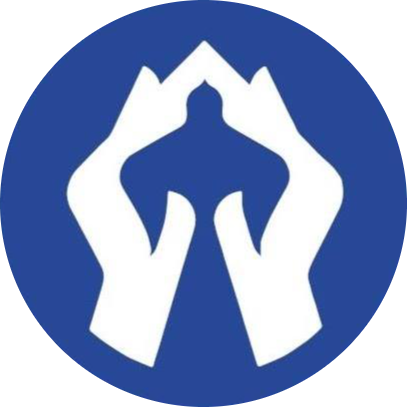The Intercultural Therapy & Outreach Project by Nafsiyat
At Nafsiyat Intercultural Therapy Centre, we are committed to breaking down barriers to mental health care for individuals from marginalised communities. In partnership with the National Lottery Community Fund, our Intercultural Therapy & Outreach Project is a groundbreaking, three-year initiative launched in June 2023. This project aims to make culturally sensitive psychotherapy services more accessible to individuals in acute mental distress, especially those marginalised due to race, cultural background, or immigration status, including refugees and asylum seekers.
Understanding the Importance of Intercultural Therapy in Community Mental Health
Cultural identity plays a crucial role in shaping how individuals experience and express mental health issues. For many marginalised groups, conventional mental health services can feel inaccessible or inadequate due to language barriers, lack of cultural understanding, or systemic inequalities. Intercultural therapy provides a safe, inclusive space where individuals can discuss their mental health in a culturally attuned context. Nafsiyat's approach integrates Equality, Diversity, and Inclusion (EDI) principles, addressing the unique needs of clients from diverse backgrounds and fostering a therapeutic environment that is both empathetic and empowering.
Community Partnerships: Extending Our Reach Across North London
To ensure that our services are accessible to those most in need, Nafsiyat has established partnerships with four respected community organisations in North London:
Through these collaborations, we are able to extend our community-based mental health services to adults aged 18 and above, particularly those who may not have easy access to traditional mental health care. Our outreach sessions, held monthly, address issues like stress, depression, and anxiety—focusing on culturally sensitive approaches that respect and reflect the lived experiences of each participant.
Culturally Aware and Inclusive Services Tailored to Each Client
As part of the Intercultural Therapy & Outreach Project, individuals interested in receiving support can connect with our Community Project Coordinators for help in applying for services. Once a referral is made, each client undergoes an initial assessment by our clinical team to determine the appropriate level of support. Depending on individual needs, clients may be offered medium- or long-term counselling (12 or 24 sessions) in over 20 languages, allowing them to express themselves in the language they are most comfortable with.
For our clients, being able to communicate in their mother tongue with therapists who understand their cultural nuances has proven to be an essential factor in improving therapeutic outcomes. Many participants have shared how speaking in their native language allows them to feel truly understood and supported, fostering a strong therapeutic connection that enhances the healing process.
Addressing the Broader Needs of Marginalised Communities
In addition to intercultural therapy, our project provides practical support for issues that can directly impact mental health, such as employment, benefits, and housing. Our dedicated Community Link Workers collaborate with clients to address these socio-economic factors, ensuring that they receive comprehensive support that extends beyond the therapy room.
Positive Feedback: The Impact of the Intercultural Therapy & Outreach Project
A recent evaluation by Healthwatch Islington revealed overwhelmingly positive feedback from clients:
Participants reported feeling supported and valued, appreciating the practical advice and empathetic understanding provided by our therapists.
The option to communicate in their mother tongue was highlighted as a vital component of their therapeutic experience, enabling them to connect deeply with their therapists.
One client shared, "My therapist spoke both languages, so I could use different metaphors. They didn’t have an issue with me switching languages."
Another participant expressed, "I prefer to speak with a woman who understands my background, culture, and faith. Speaking in my mother tongue meant I knew she really understood me."
These testimonials underscore the importance of providing culturally responsive mental health services that align with EDI values and respect each client’s unique identity.
